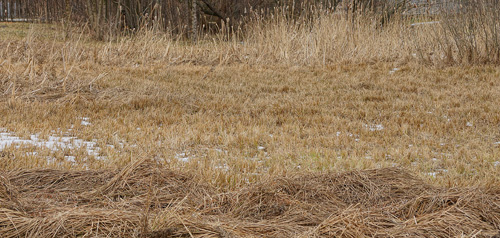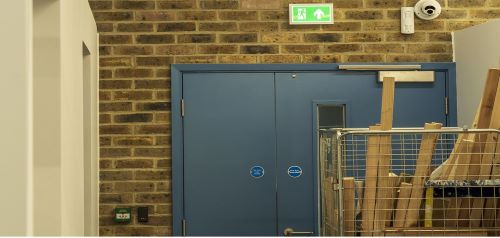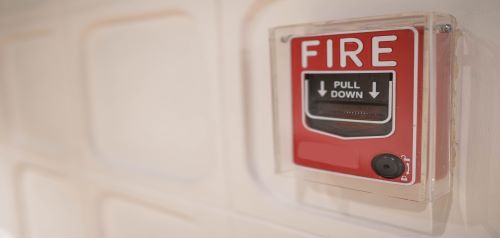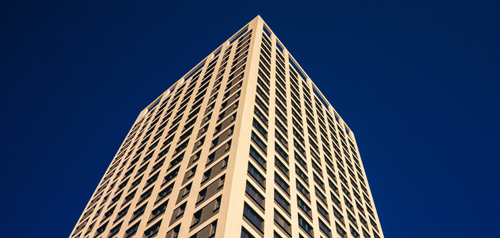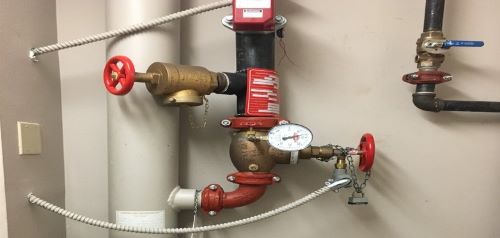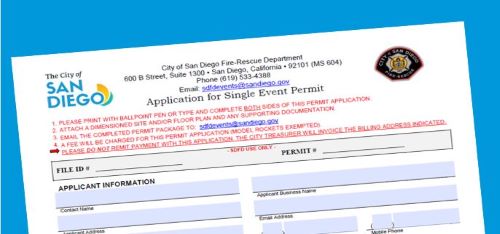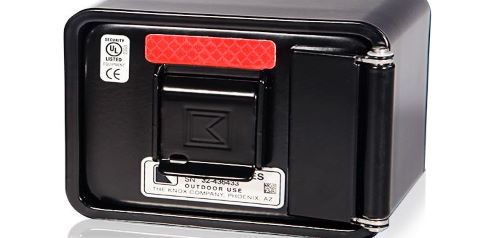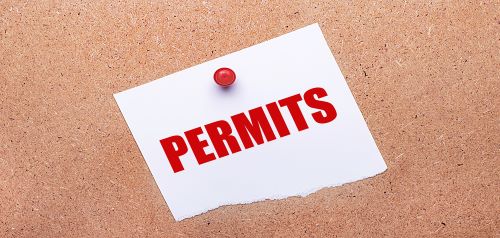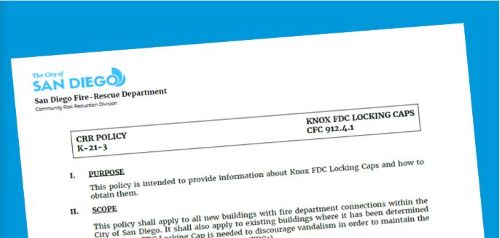Community Risk Reduction
The Mission Statement of the Community Risk Reduction Division is:
"To be the best at saving lives and property through our community risk reduction programs and services."
The Community Risk Reduction Division is one of the Department's most diverse in the various services it offers San Diego City residents and businesses. It is comprised of six main areas of focus: Education, Engineering, Enforcement, Economic Incentives, Emergency Response, and Empowerment.
Community Risk Reduction Division
Education: An educated and well-trained workforce that teaches prevention and what to do in the event of a fire.
Engineering: Design and build structures that are safe from fire. Use the best building practices and the latest technology to resist or prevent great loss from fire and other emergencies.
Enforcement: While buildings are being designed and built, we ensure that the work is done in compliance with current codes and standards. Once construction is completed, fire and life safety codes should be followed and enforced.
Economic Incentives: With a focus on safety and hazard reduction, issue penalties and fines for non-compliance to encourage behavioral change. Supporting tax incentives and grant opportunities to reduce fire protection, building, and insurance costs.
Emergency Response: Assessment of community risk through an analysis of emergency response resources and hazards. This process ensures we are making the best use of resources aimed at reducing the impact of incidents in our community. We will be better prepared to understand where and what types of resources we will need in the future.
Empowerment: An environment of awareness and collaboration with our community to proactively reduce risk. Through outreach and information sharing, we can improve community relations and inspire a culture of safety. This is accomplished through sharing our collective progress, real-time data, and performance-based goals to address our community’s specific needs.
Community Risk Reduction Division
Education: An educated and well-trained workforce that teaches prevention and what to do in the event of a fire.
Engineering: Design and build structures that are safe from fire. Use the best building practices and the latest technology to resist or prevent great loss from fire and other emergencies.
Enforcement: While buildings are being designed and built, we ensure that the work is done in compliance with current codes and standards. Once construction is completed, fire and life safety codes should be followed and enforced.
Economic Incentives: With a focus on safety and hazard reduction, issue penalties and fines for non-compliance to encourage behavioral change. Supporting tax incentives and grant opportunities to reduce fire protection, building, and insurance costs.
Emergency Response: Assessment of community risk through an analysis of emergency response resources and hazards. This process ensures we are making the best use of resources aimed at reducing the impact of incidents in our community. We will be better prepared to understand where and what types of resources we will need in the future.
Empowerment: An environment of awareness and collaboration with our community to proactive reduce risk. Through outreach and information sharing, we can improve community relations and inspire a culture of safety. This is accomplished through sharing our collective progress, real-time data, and performance-based goals to address our community’s specific needs.


